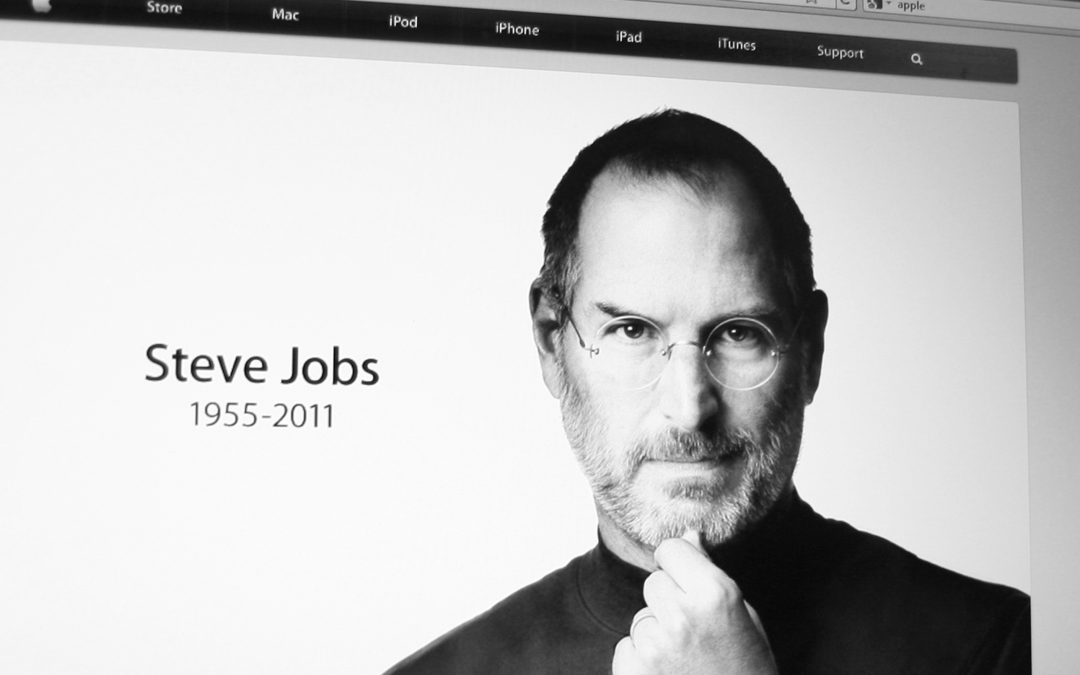Earlier this month, Apple made waves by introducing the iPhone 10. Since being unveiled, the updated smartphone and several other new products have received praise as the latest credit to Steve Jobs’ tech legacy.
Years following his death, Americans still remember the Apple founder’s dedication to forward progress. While he is regarded as a visionary leader in the tech industry, many are unaware that his contribution to education innovation has also created lasting interest.
Jobs, adopted into a blue-collar family, long touted the importance of robust school choice.
“Equal opportunity to me, more than anything, means a great education,” Jobs once said in a 1995 interview with the Smithsonian Institution.
“I believe very strongly that if the country gave each parent a voucher for $4,400 that they could spend at any accredited school, several things would happen,” he later said. “Number one, schools would start marketing themselves like crazy to get students. Secondly, I think you’d see a lot of new schools starting…. I believe that they would do far better than any of our public schools would. The third thing you’d see is… the quality of schools again, just in a competitive marketplace, start to rise.”
His dream for unlocking potential in the education system didn’t stop there.
Prior to his death, Jobs began exploring options to digitize classrooms and make expensive learning materials, like updated textbooks, more affordable and accessible through technology. Imagining learning environments with greater flexibility and creativity, he also advocated for less bureaucracy and more teacher autonomy over curriculum.
Like with the newest version of his iPhone, Jobs may not have lived long enough to see his dream of educational choice for all become a reality, but his ideas continue to inspire leadership and progress toward a day when each child has meaningful education options.
